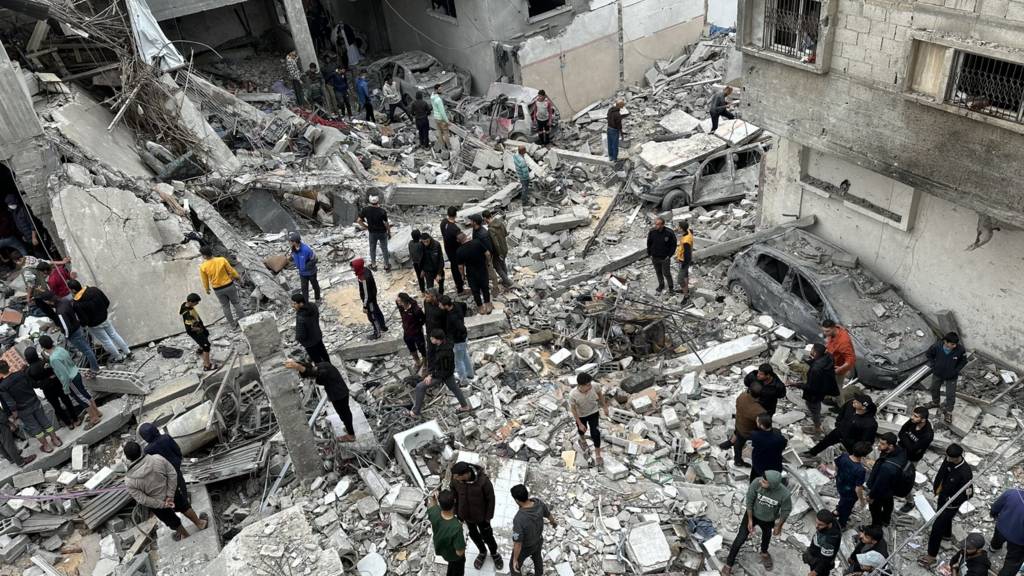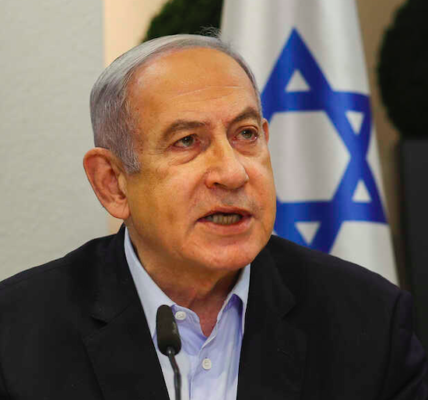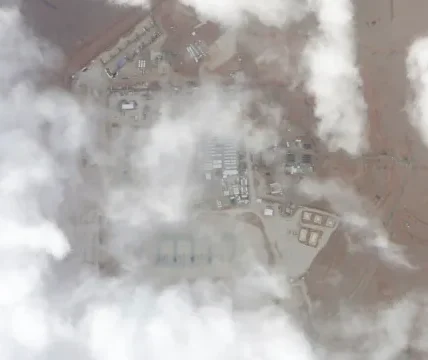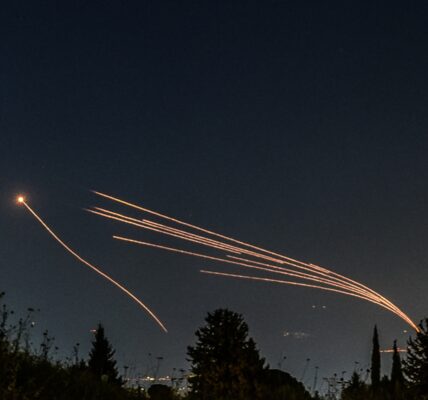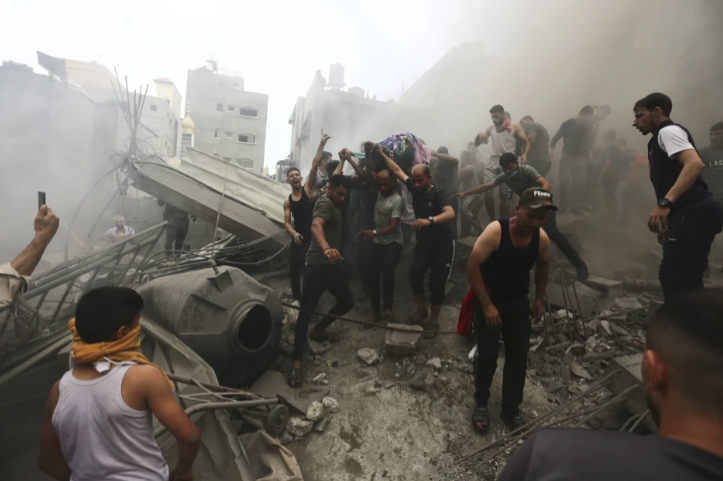Netanyahu orders evacuation of Rafah and US retaliatory strikes against Yemeni Houthi targets continue
Israel’s Prime Minister Benjamin Netanyahu announced Friday he has instructed the military to formulate a two-fold plan to evacuate civilians from the city of Rafah, the last neighbourhood where Gazans have sought refuge – and to defeat the remaining Hamas battalions.
“It is impossible to achieve the war objective of eliminating Hamas and leaving four Hamas battalions in Rafah,” Netanyahu’s office said in a statement.
“On the contrary, it is clear that intense activity in Rafah requires that civilians evacuate the areas of combat”.
“Therefore”, the statement continued, “Prime Minister Benjamin Netanyahu has ordered the IDF and the security establishment to submit to the Cabinet a combined plan for evacuating the population and destroying the battalions”.
In response to Israel’s evacuation proposal, the United Nations issued a cautionary statement emphasising the need to safeguard Palestinian civilians, as well as being opposed to any coerced large-scale displacements.
“We’re extremely worried about the fate of civilians in Rafah,” UN spokesman Stephane Dujarric said on Friday.
“What is clear is that people need to be protected, but we also do not want to see any forced displacement – forced mass displacement – of people, which is by definition against their will,” Dujarric said. “We would not support in any way forced displacement, which goes against international law.”
The UN Office for the Coordination of Humanitarian Affairs said, “The unprecedented density of Rafah’s population makes it nearly impossible to protect civilians in the event of ground attacks. The congestion in Rafah has reached a point where normal routes are blocked by tents set up by families seeking any flat, clean space available”.


US strikes against Iran-aligned Houthi targets continue
The US conducted seven strikes against 11 Houthi sea drones and missiles in Yemen late last night, the military confirmed.
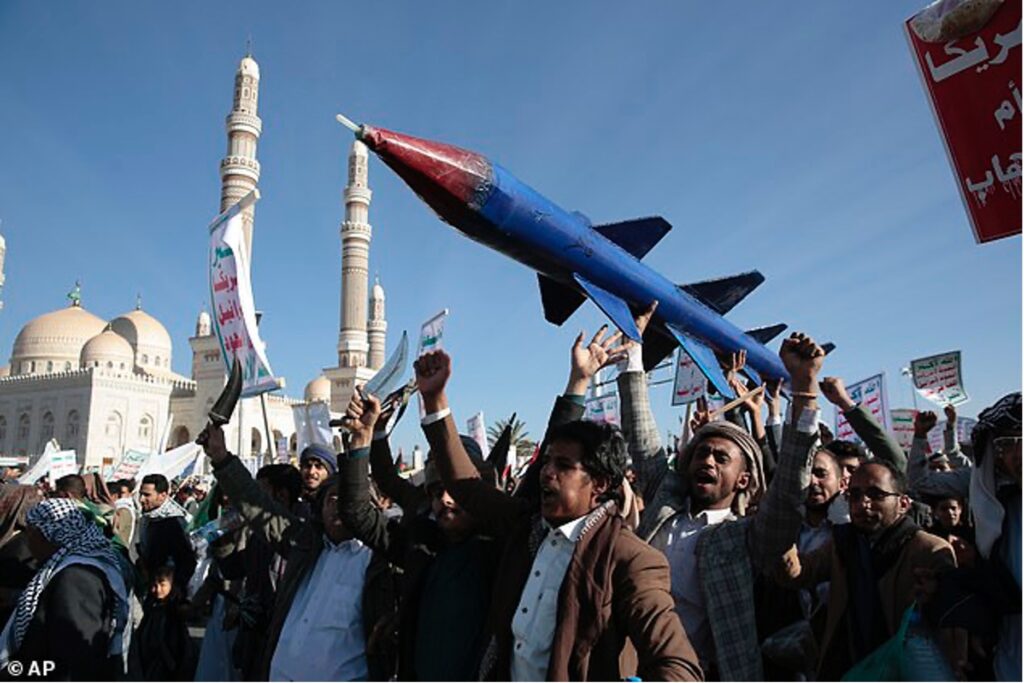
The “self-defence” operation targeted four unmanned surface vessels and seven mobile anti-ship cruise missiles prepared to launch against ships in the Red Sea, according to US Central Command.
In a post on social media platform X, US Central Command said the cruise missiles presented “an imminent threat to US Navy ships and merchant vessels in the region. These actions will protect freedom of navigation and make international waters safer and more secure for US Navy and merchant vessels”.
Maj. Gen. Patrick Ryder, the Pentagon press secretary, informed reporters that following the initial coalition strikes on 11 January, US forces have successfully neutralised more than 100 missiles and launchers including anti-ship land attack and surface-to-air missiles, as well as a range of targets including communication facilities, unmanned aerial vehicles, unmanned surface vessels, coastal radars, air surveillance capabilities, and weapons storage sites.
There has been a noticeable lull in attacks carried out by the Houthis in the last few days, which many are perhaps unwisely taking to mean that the US and UK retaliatory strikes are proving effective. However, given previous intervals between attacks sometimes up to 10 days, it is more likely that the Houthis are using this time to consolidate and strategise their next move.

